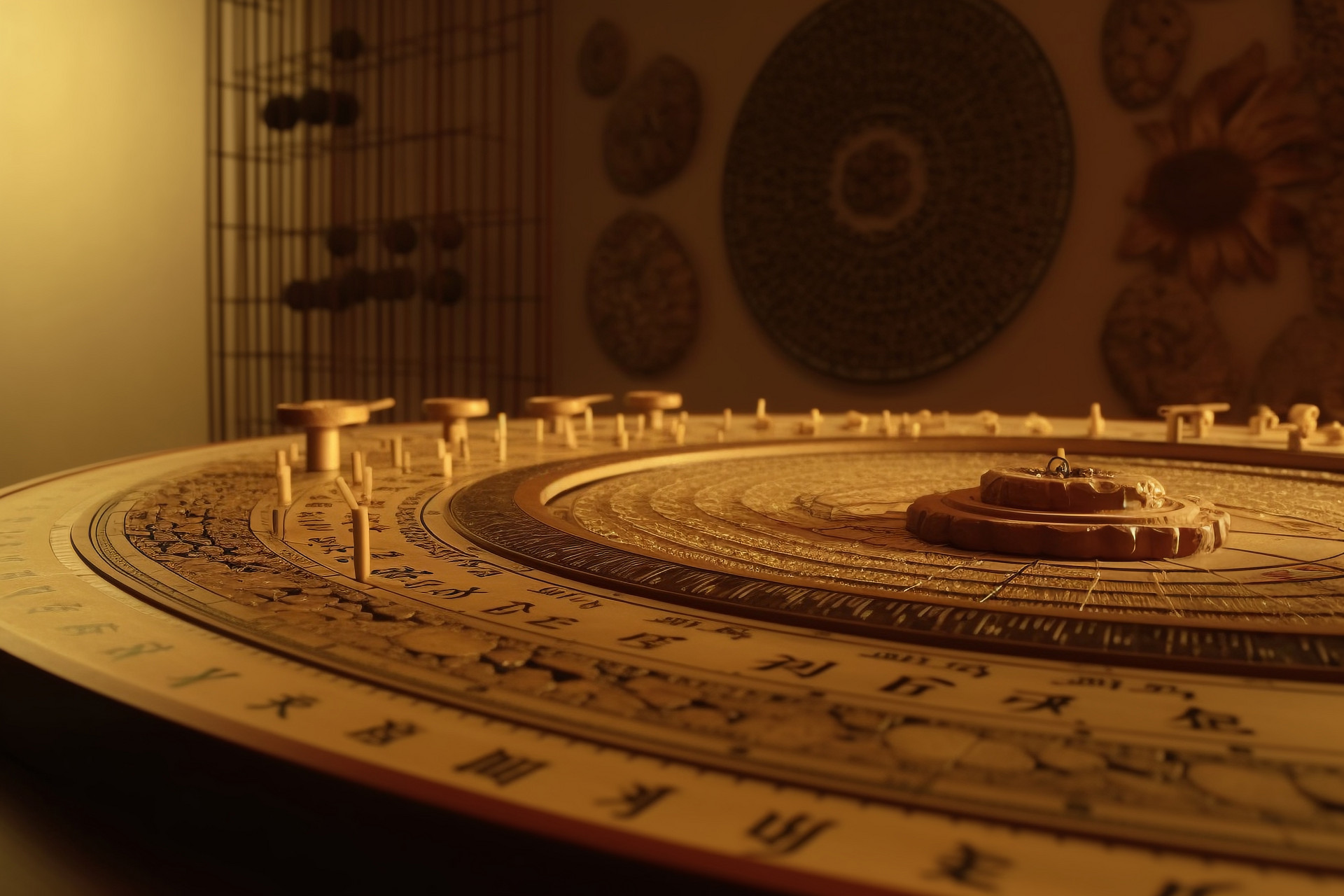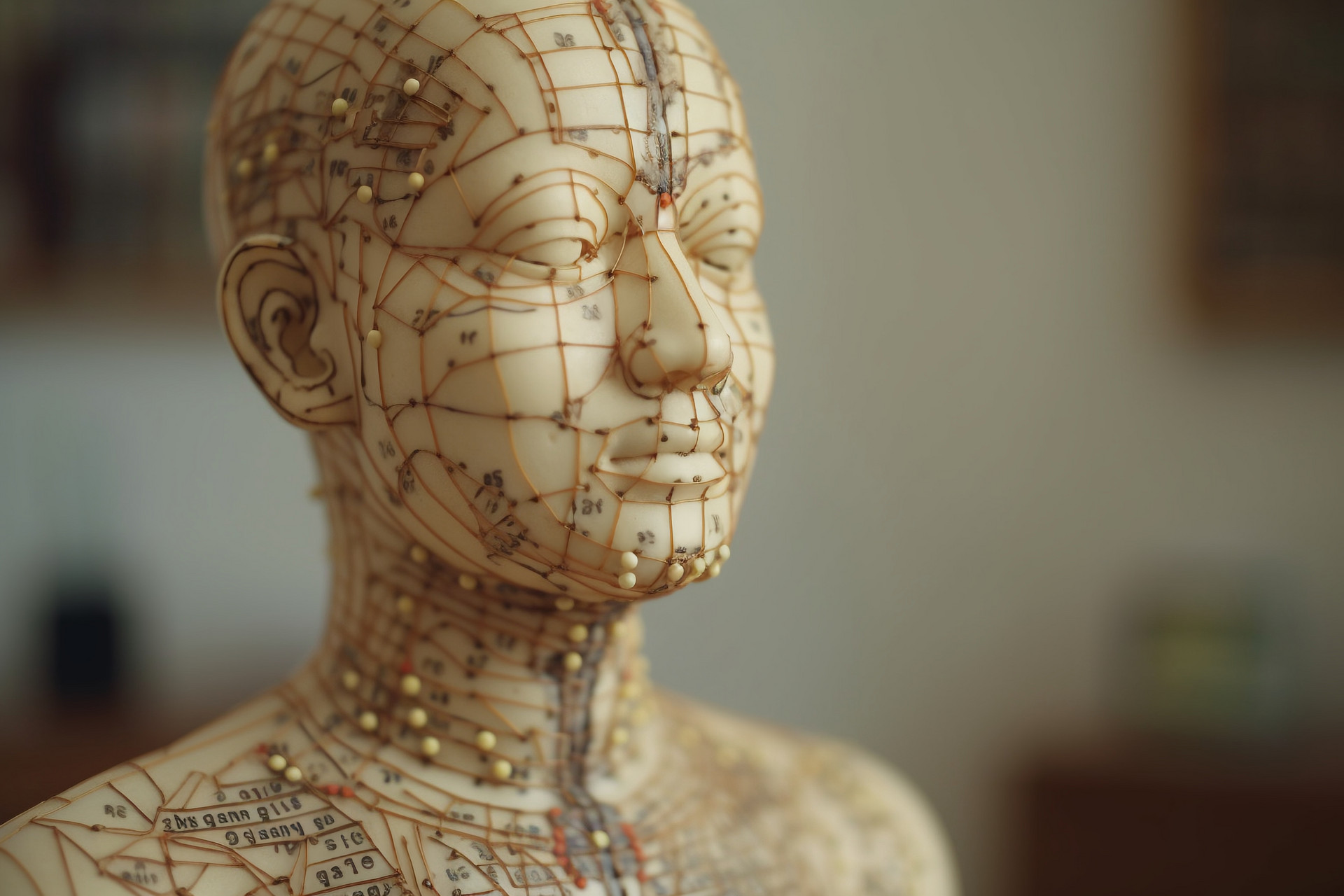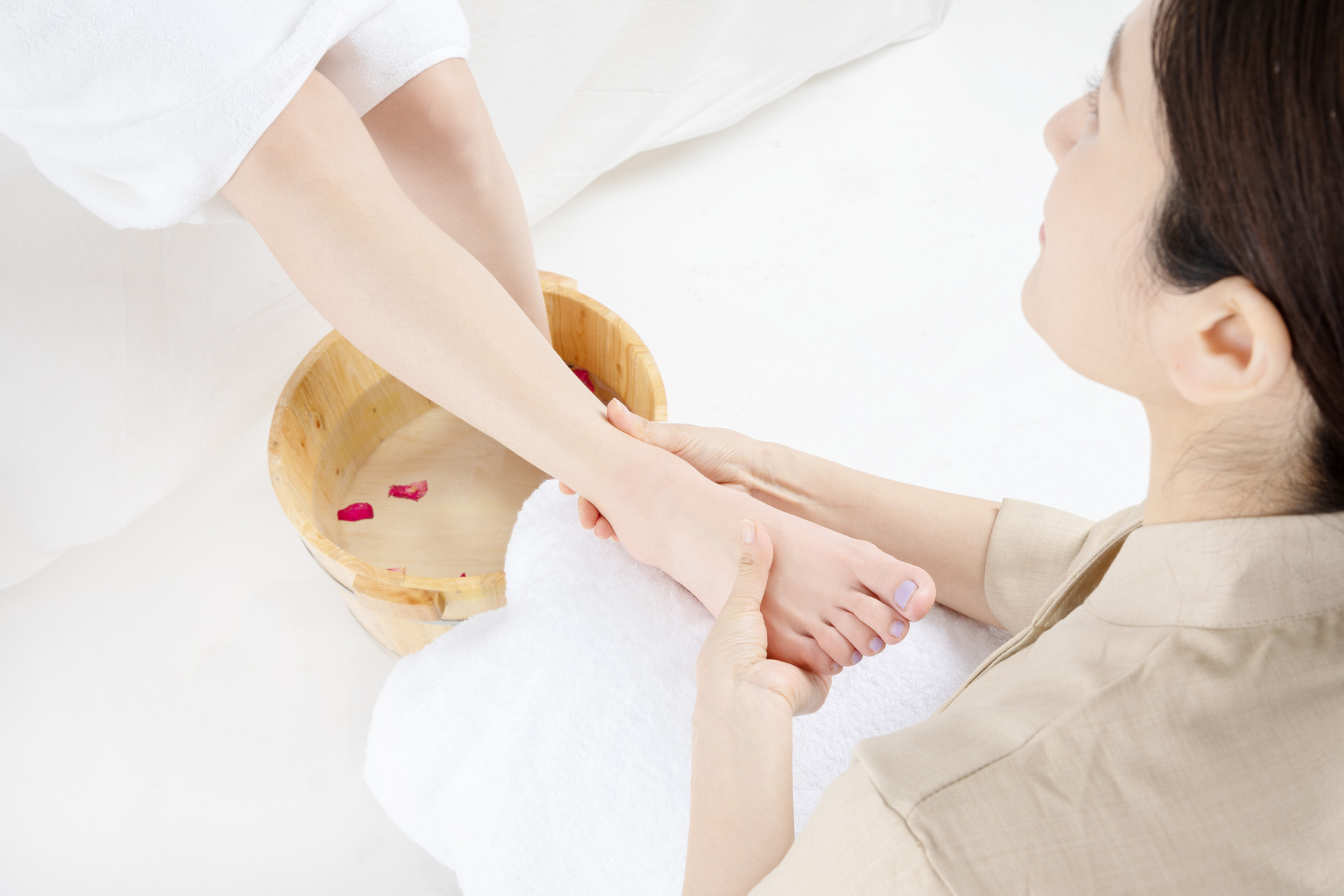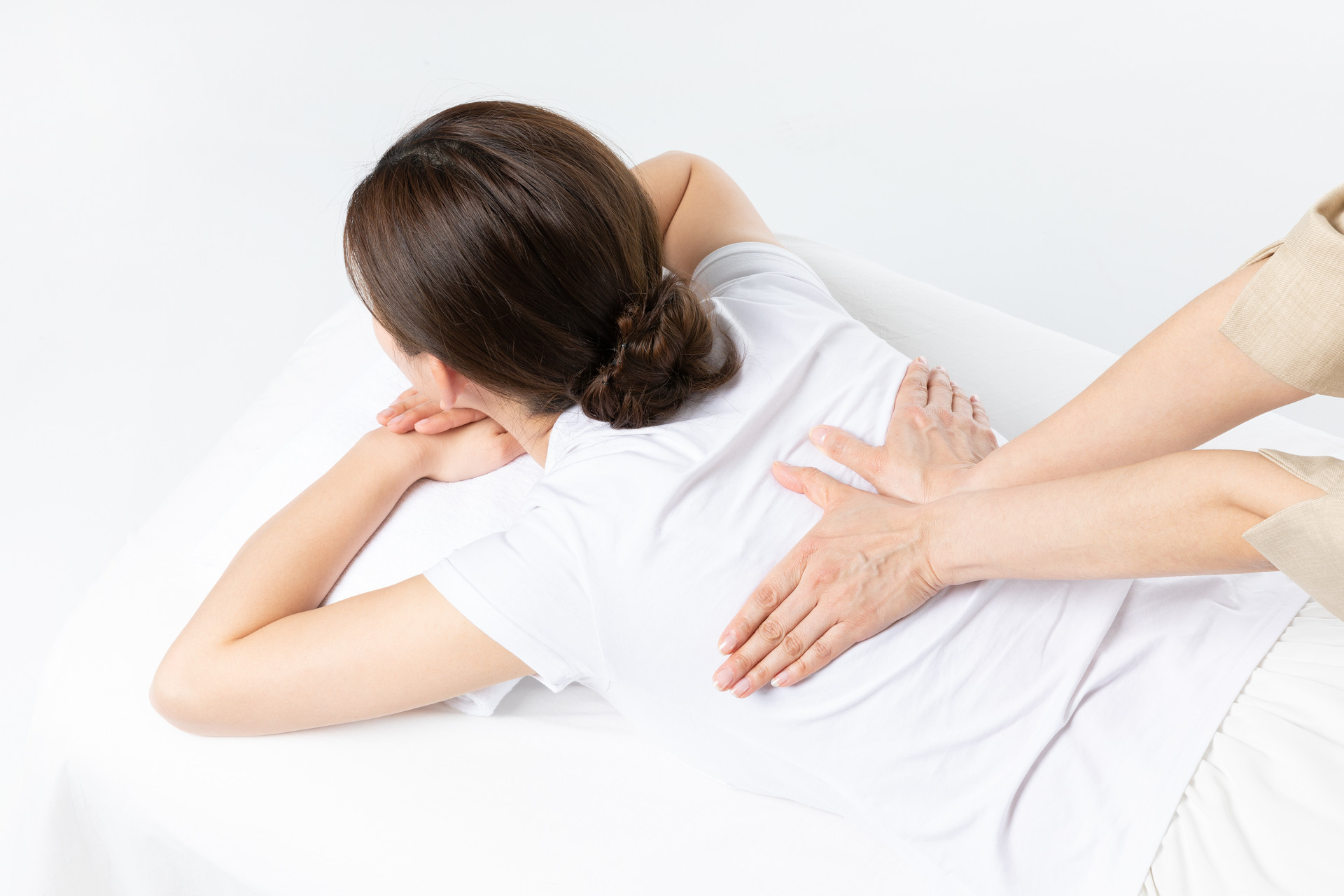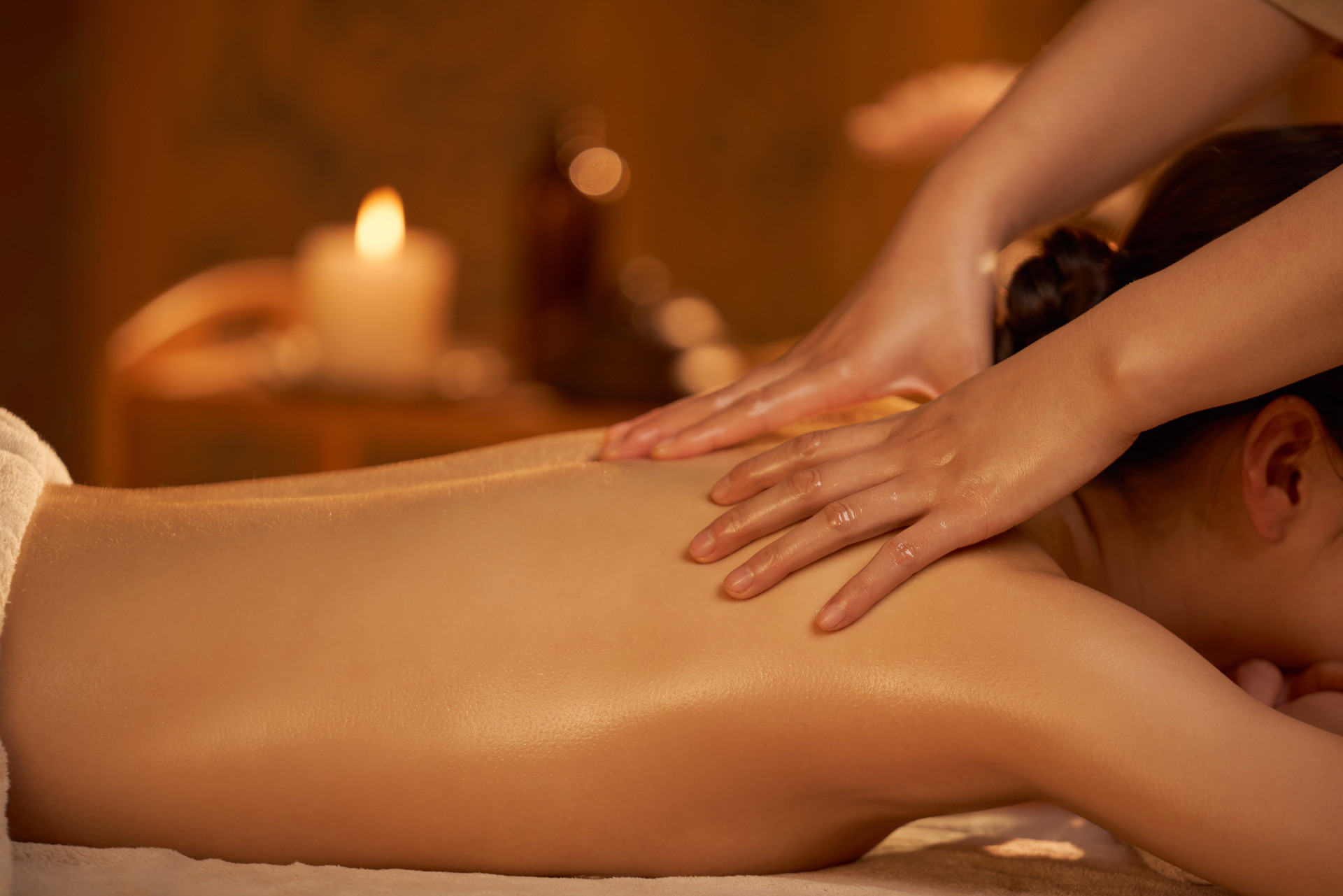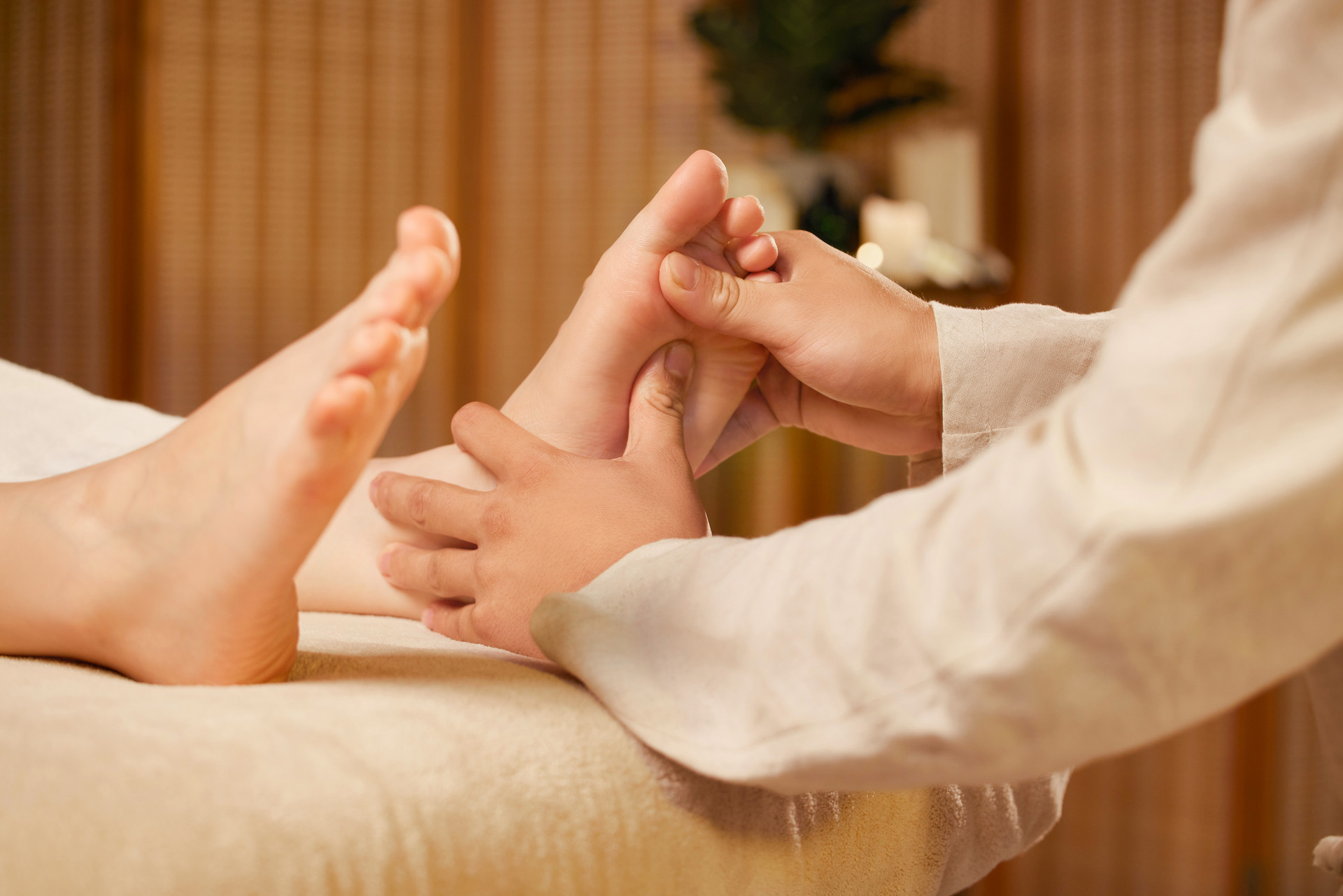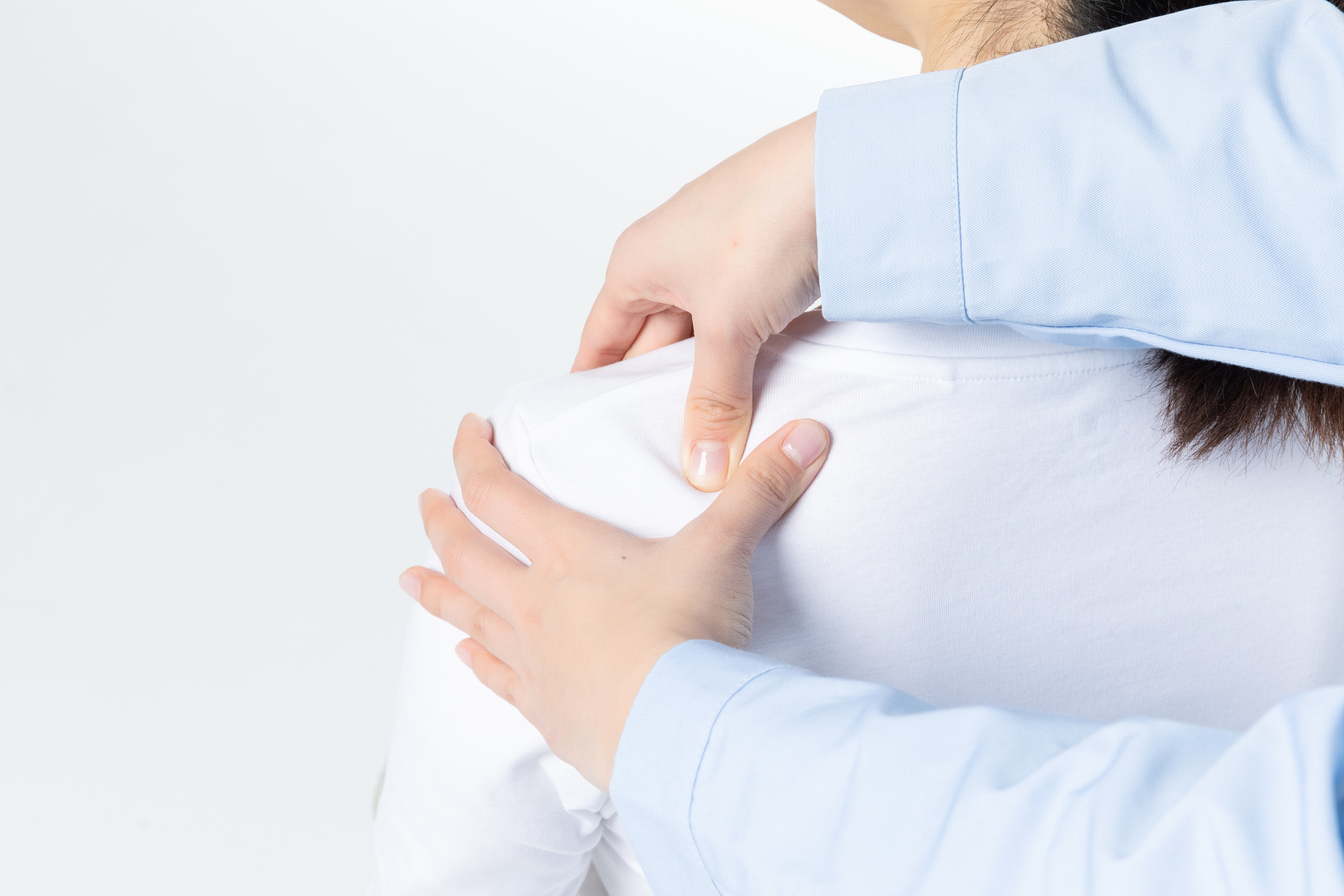Acupuncture and moxibustion are both traditional Chinese medical therapies. Due to the similarity in their names, many people mistakenly believe that acupuncture and moxibustion are the same thing. However, in reality, these two therapies are quite different. Let's take a closer look at the differences between Chinese medical moxibustion and acupuncture.
【Differences between Moxibustion and Acupuncture】
1. Different Treatment Methods
Acupuncture and moxibustion both stimulate acupuncture points in the body to achieve the goal of treating diseases and promoting health. However, acupuncture is a physical therapy, while moxibustion involves burning the "king of herbs," mugwort, to achieve a combination of medicinal and physical therapy effects.
2. Different Applications
Acupuncture therapy mainly relies on needle stimulation of acupuncture points, which can cause a sensation of pain. On the other hand, moxibustion therapy involves burning moxa leaves or sticks directly on the corresponding acupuncture points of the body. Due to its pharmacological effects, moxibustion can create a sense of comfort and relaxation. Therefore, moxibustion therapy is recommended for individuals who are afraid of experiencing pain.
3. Different Efficacies
Ancient Chinese medical practitioners believed that acupuncture therapy primarily purges while moxibustion therapy primarily tonifies. Long-term moxibustion therapy can help strengthen the body's foundation, regulate the balance between yin and yang, expel pathogenic factors, and promote longevity. It is particularly suitable for individuals with a cold constitution who seek to nourish their yang energy for health maintenance.
4. Different Side Effects
Improper acupuncture treatment can have certain side effects, and if needle sterilization is not done properly, there is a risk of cross-infection. Moxibustion, on the other hand, is an external natural therapy and does not have any side effects.
【Benefits of Moxibustion Therapy】
1. Harmonizing Yin and Yang
Balancing yin and yang in the body is fundamental to the occurrence and development of diseases. Moxibustion therapy can help achieve this by tonifying and purging.
2. Warming and Promoting Circulation in Meridians
By burning mugwort, which has a warming property, moxibustion therapy can generate heat that penetrates deep into the muscles, promoting the circulation of qi and blood. Moxibustion has the effects of warming and promoting circulation in meridians, dispelling cold and dampness, regulating qi and blood, and relieving pain caused by stagnation.
3. Activating Qi and Blood
Qi moves when there is heat, condenses when there is coldness, and flows smoothly when there is warmth. Moxibustion therapy, with its warm and stimulating nature, can harmonize qi and blood, facilitate the circulation of nutritive and defensive qi, and dispel stasis and resolve accumulations.
4. Disease Prevention and Health Maintenance
Moxibustion therapy has a wide range of effects. The specific acupoints selected, the moxibustion technique used, the intensity of stimulation, and the materials employed can all influence the therapeutic effects. Therefore, different acupoints and techniques should be chosen based on the specific condition of the patient.
【Characteristics of Traditional Chinese Acupuncture】
1. Broad Range of Applications
Acupuncture is widely used to treat a variety of diseases in different medical specialties, including functional and constitutional disorders. It has certain therapeutic effects on over 300 diseases in internal medicine, surgery, gynecology, pediatrics, ophthalmology, and orthopedics.
2. Good Safety Profile
Acupuncture does not rely on any external medication but instead achieves its therapeutic effects by regulating the balance of yin and yang in the body. It does not cause any harm to the functions of the body's organs and is a green, environmentally friendly, and effective non-drug treatment method.
3. Bidirectional Regulation
Acupuncture can regulate the functions of the body's organs and tissues, supplementing deficiencies and draining excesses. This helps achieve a balance between yin and yang and effectively treat diseases. Acupuncture has a bidirectional regulatory effect.
4. Immune Enhancement
Acupuncture can enhance cellular and humoral immune functions. In particular, it can promote the early production of antibodies or prolong the duration of antibodies in the blood. It can also increase the quantity and potency of long-term decreased antibodies.
5. Convenient Operation
Acupuncture treatment does not require complex equipment and is cost-effective. It is suitable for the healthcare needs of the general population.


